Search results for: 'signaling pathways endocrinology and hormones'
-
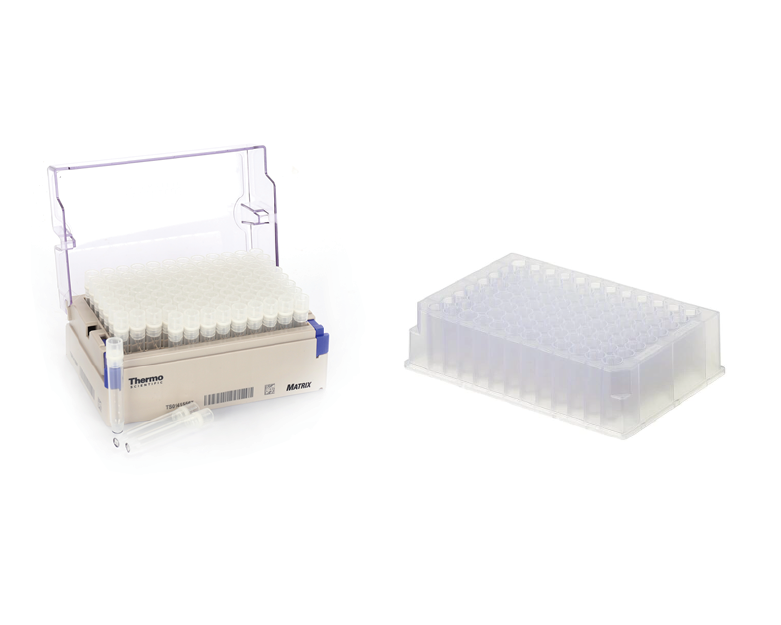 L1044 DiscoveryProbe™ NF-κB Signaling LibrarySummary: A unique collection of 73 NF-κB inhibitors for NF-κB signaling pathway research.
L1044 DiscoveryProbe™ NF-κB Signaling LibrarySummary: A unique collection of 73 NF-κB inhibitors for NF-κB signaling pathway research. -
 L1026 DiscoveryProbe™ Neuronal Signaling Library1 CitationSummary: A unique collection of 556 neuronal signaling-related small molecules for neuroscience reasearch.
L1026 DiscoveryProbe™ Neuronal Signaling Library1 CitationSummary: A unique collection of 556 neuronal signaling-related small molecules for neuroscience reasearch. -
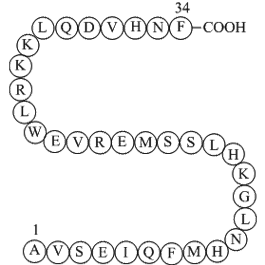 A1114 Parathyroid Hormone (1-34), bovineSummary: Enhancer of blood calcium level
A1114 Parathyroid Hormone (1-34), bovineSummary: Enhancer of blood calcium level -
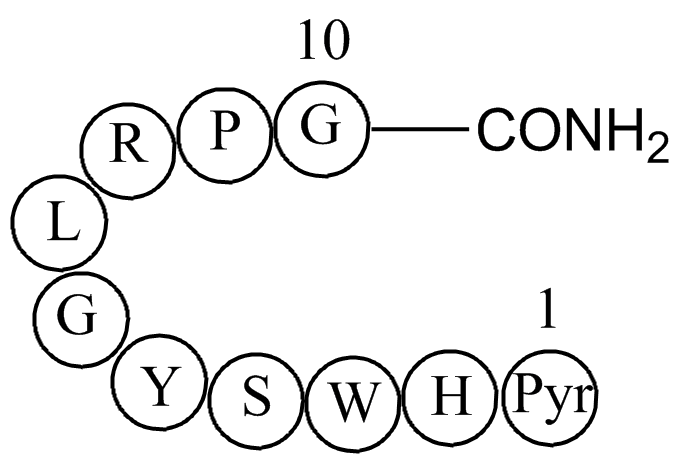 A1147 Luteinizing hormone releasing hormone human acetate salt (LHRH)Target: MMPSummary: acitivator of MMP-2 and MMP-9, selective
A1147 Luteinizing hormone releasing hormone human acetate salt (LHRH)Target: MMPSummary: acitivator of MMP-2 and MMP-9, selective -
 L1044P DiscoveryProbe™ NF-κB Signaling Compound Library PlusSummary: A unique collection of 178 NF-κB inhibitors for NF-κB signaling pathway research.
L1044P DiscoveryProbe™ NF-κB Signaling Compound Library PlusSummary: A unique collection of 178 NF-κB inhibitors for NF-κB signaling pathway research. -
 L1026P DiscoveryProbe™ Neuronal Signaling Compound Library PlusSummary: A unique collection of 948 neuronal signaling-related small molecules for neuroscience reasearch.
L1026P DiscoveryProbe™ Neuronal Signaling Compound Library PlusSummary: A unique collection of 948 neuronal signaling-related small molecules for neuroscience reasearch. -
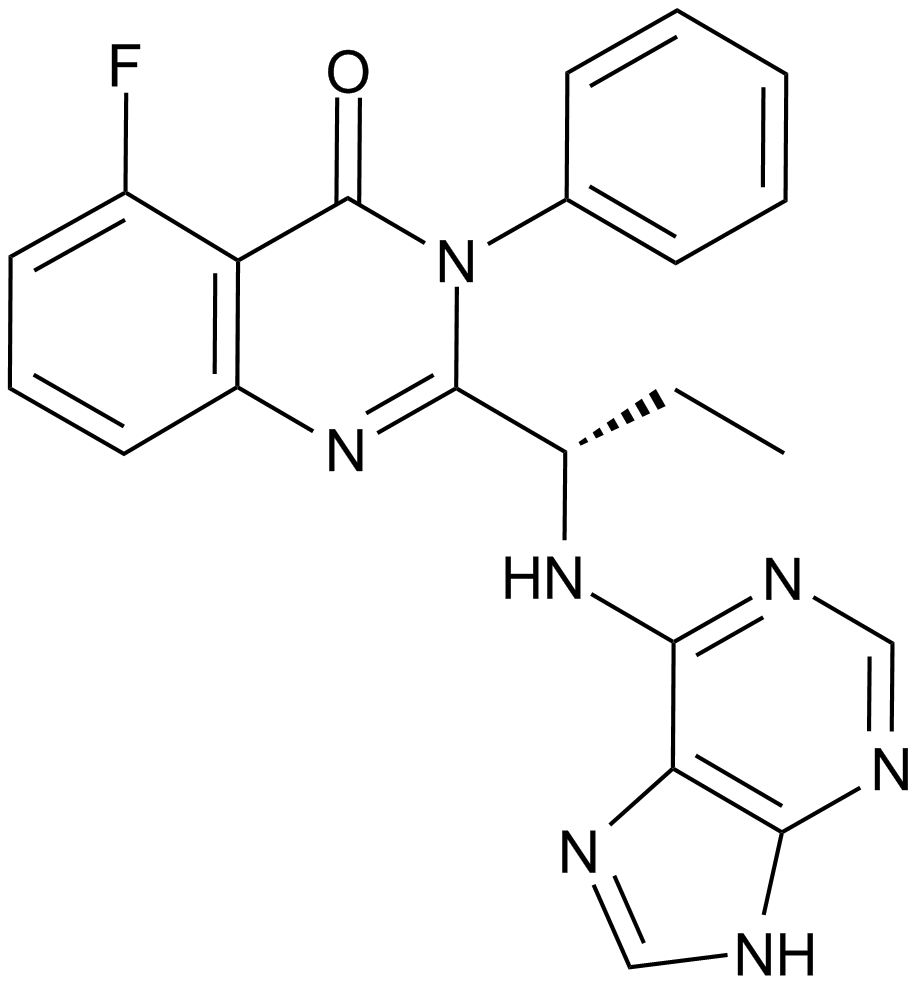 A3005 CAL-101 (Idelalisib, GS-1101)8 CitationTarget: PI3KSummary: PI3K inhibitor
A3005 CAL-101 (Idelalisib, GS-1101)8 CitationTarget: PI3KSummary: PI3K inhibitor -
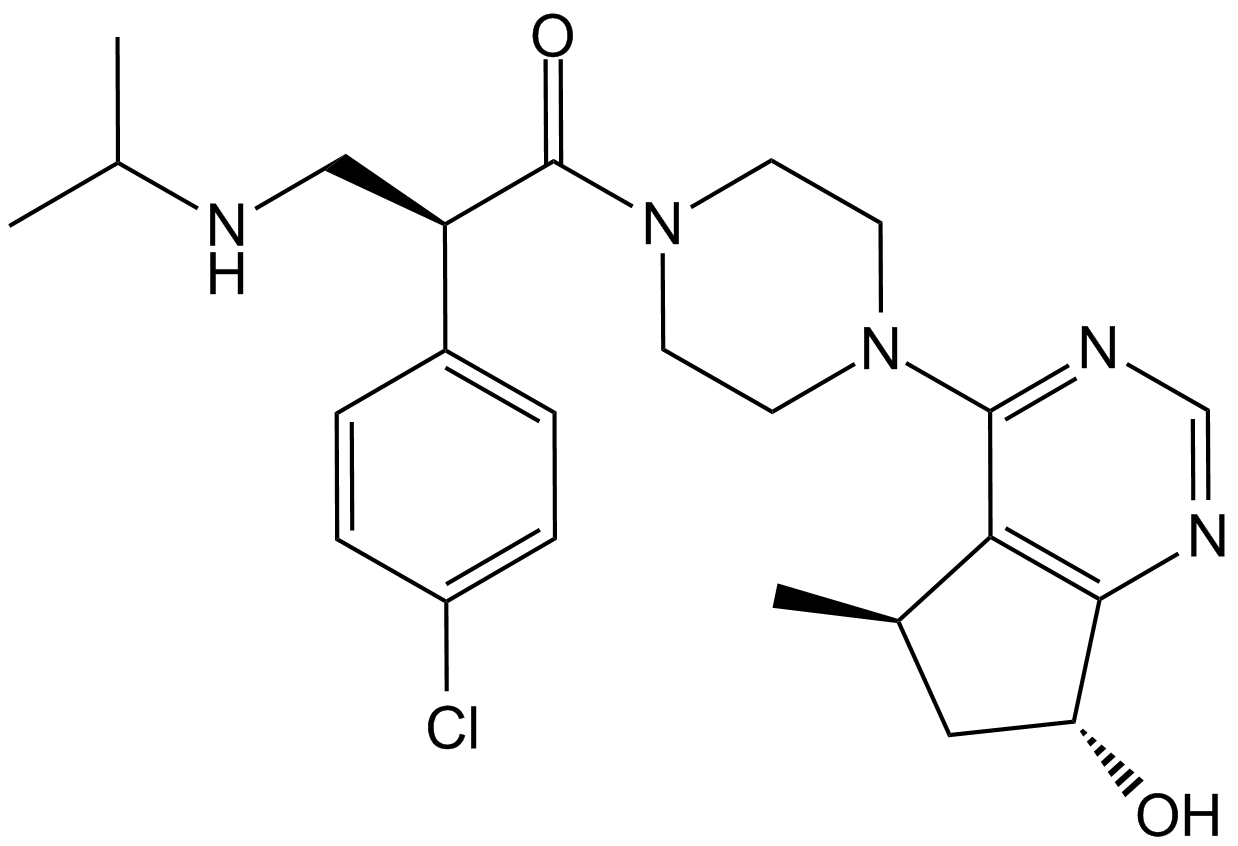 A3006 GDC-0068 (RG7440)2 CitationTarget: AktSummary: Pan-AKT inhibitor,highly selective
A3006 GDC-0068 (RG7440)2 CitationTarget: AktSummary: Pan-AKT inhibitor,highly selective -
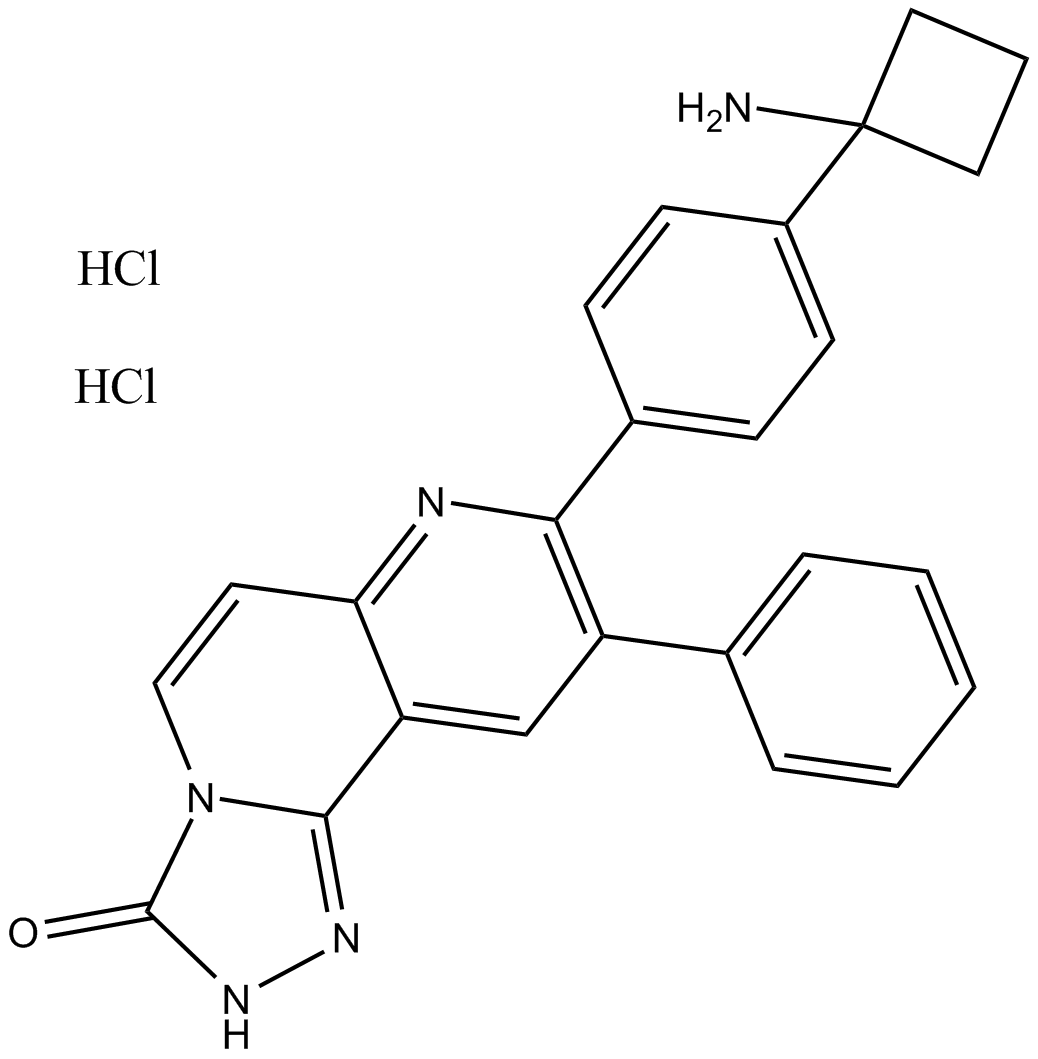 A3010 MK-2206 dihydrochloride51 CitationTarget: AktSummary: Akt1/2/3 inhibitor
A3010 MK-2206 dihydrochloride51 CitationTarget: AktSummary: Akt1/2/3 inhibitor -
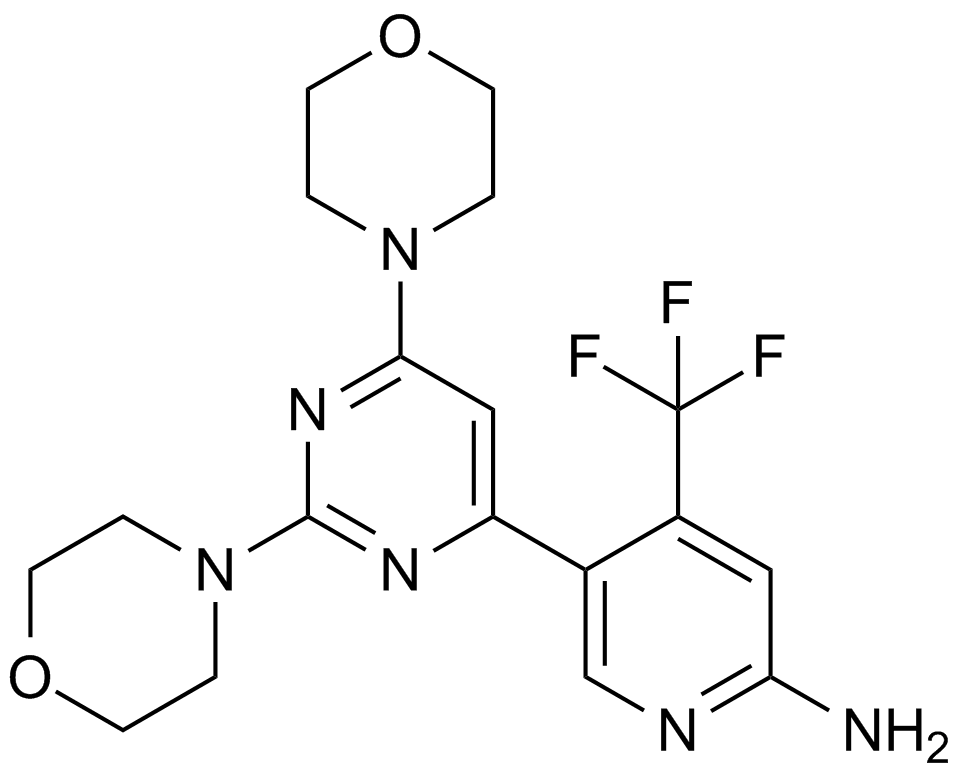 A3015 BKM1203 CitationTarget: PI3KSummary: Inhibitor of pan-Class I PI3K
A3015 BKM1203 CitationTarget: PI3KSummary: Inhibitor of pan-Class I PI3K


